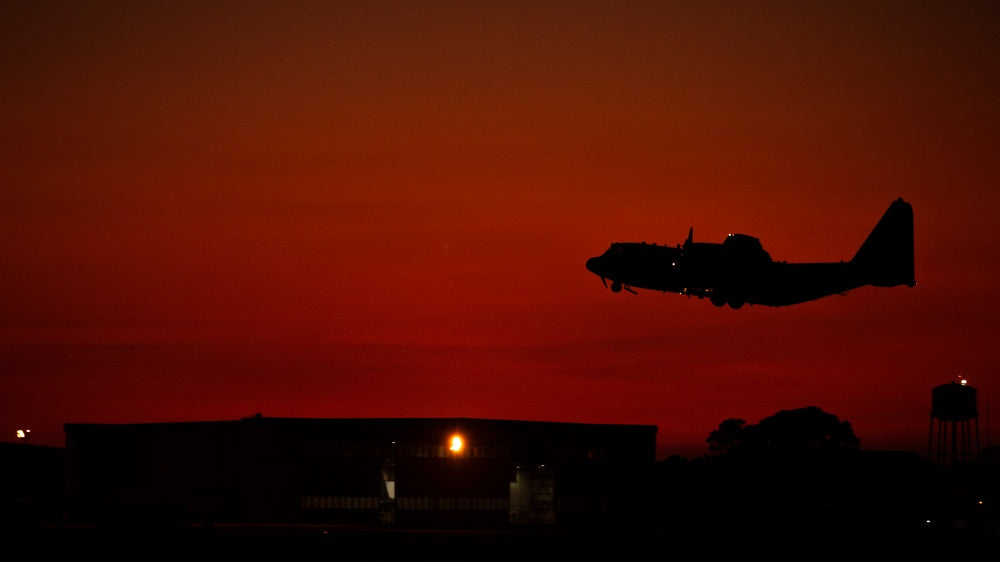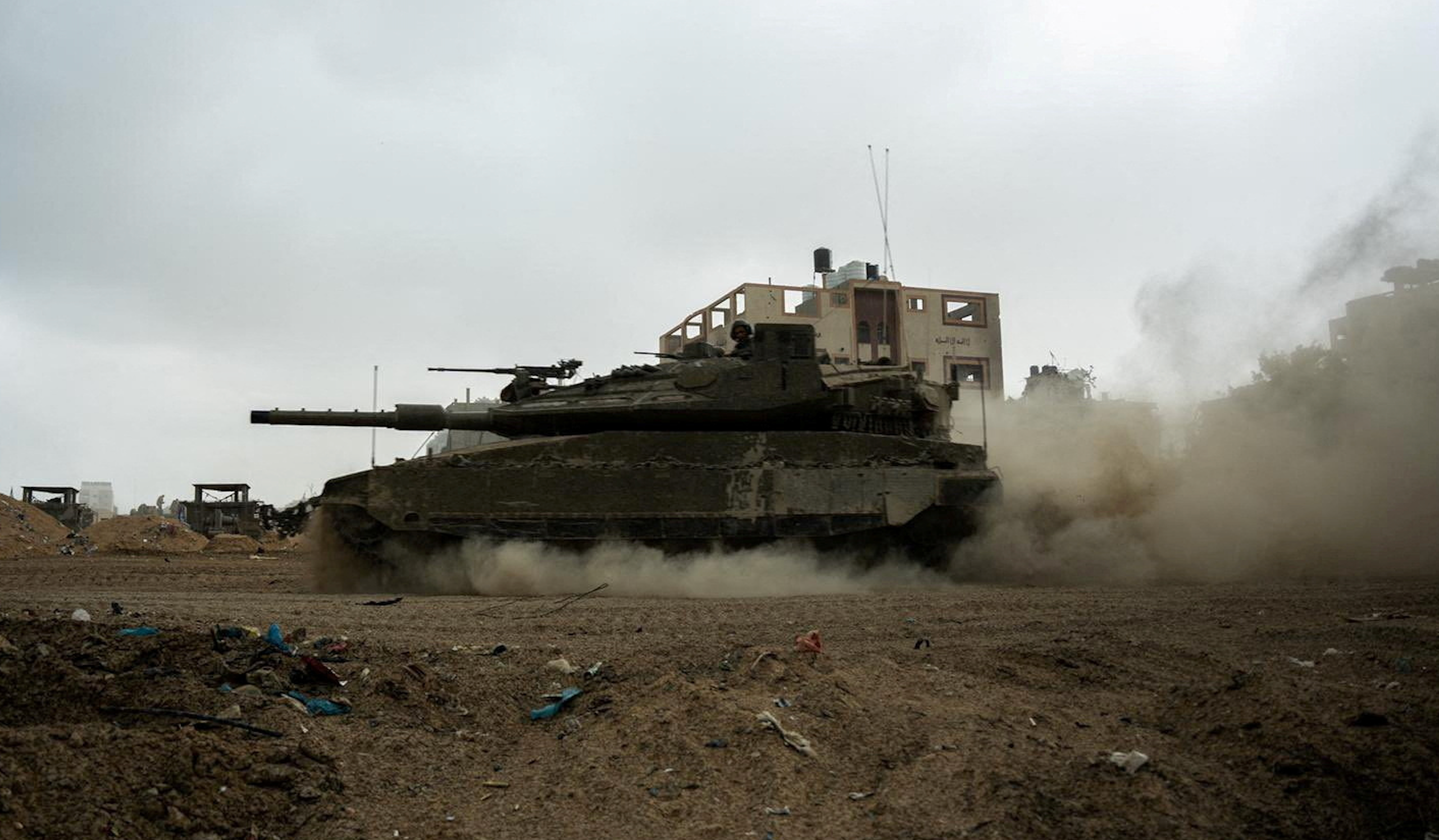
US forces attacked at Iraq airbase, respond in self-defense, US officials say
PHOTO CAPTION: Representational photo — An AC-130J Ghostrider gunship assigned to the 73rd Special Operations Squadron takes off from Hurlburt Field, Florida, Sept. 26, 2019. (U.S. Air Force photo by Airman 1st Class Joseph P. Leveille via U.S. Defense Visual Information Distribution Service)
By Timour Azhari
BAGHDAD (Reuters) - U.S. forces came under attack at the Ain al-Asad airbase west of Baghdad early on Tuesday and U.S. forces responded in self-defence, two U.S. military officials said, in the first reported U.S response in Iraq to dozens of recent attacks.
The attack against Ain al-Asad caused minor injuries and damage to infrastructure, one official said, with another saying U.S. forces used an AC-130 gunship to respond.
The U.S. had previously responded to attacks against its forces in Iraq and neighbouring Syria, claimed by Iraqi militia groups, with three separate sets of strikes on targets in Syria.
The armed drone and missile attacks began on Oct. 17 and have been linked by Iraqi militia groups to U.S. support for Israel in its devastating war on Gaza, which began after Hamas militants went on the rampage in Israel on Oct. 7.
Earlier on Tuesday, social media accounts linked to Iran-aligned Iraqi militias published a statement in the name of the "Islamic Resistance in Iraq", mourning a member who they said had been killed "in battle" against U.S. forces.
His killing is the first reported casualty in Iraq linked to the Israel-Gaza war, which has drawn in other factions in Iran's network of regional proxies, known as the Axis of Resistance, such as Lebanon's Hezbollah.
U.S. and international forces that make up the global coalition to fight the remnants of Islamic State have been targeted more than 60 times in Iraq and Syria since Oct. 17, U.S. officials say.
Dozens of U.S. servicemen suffered minor injuries in the attacks but have all returned to duty, U.S. officials say.
(Reporting by Timour Azhari in Baghdad and Phil Stewart and Ali Idrees in Washington; writing by Timour Azhari; Editing by Andrew Heavens)









